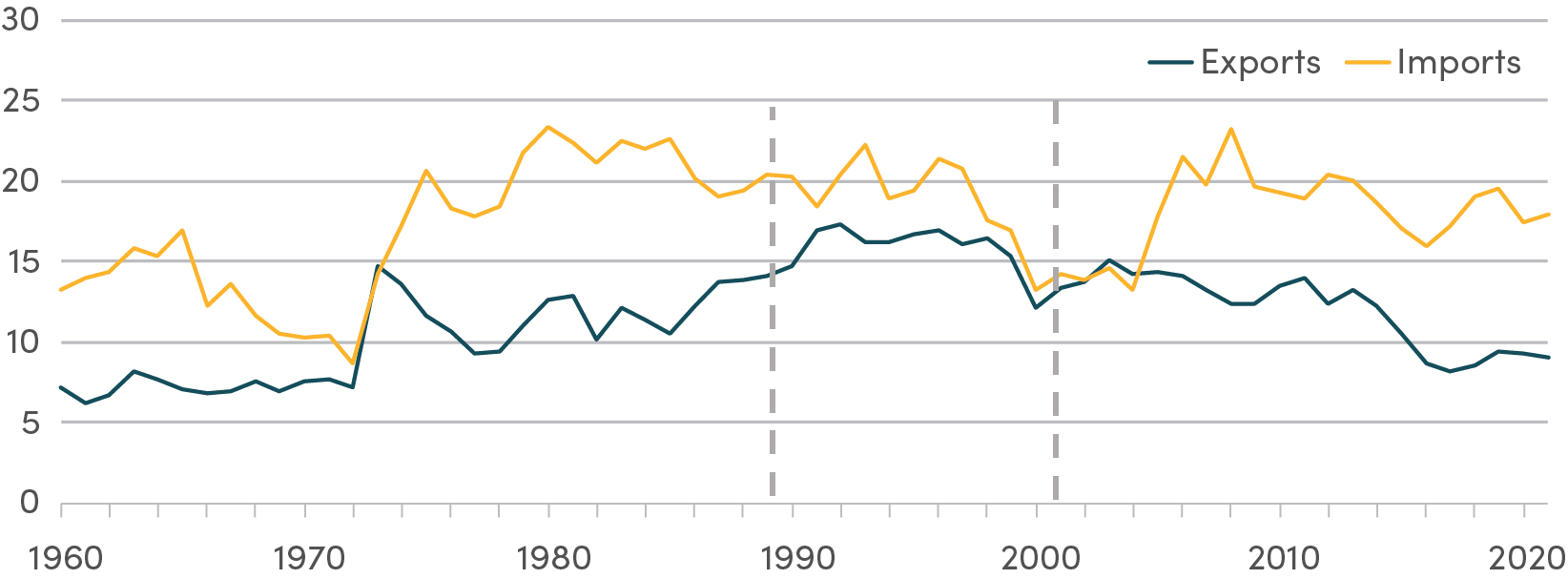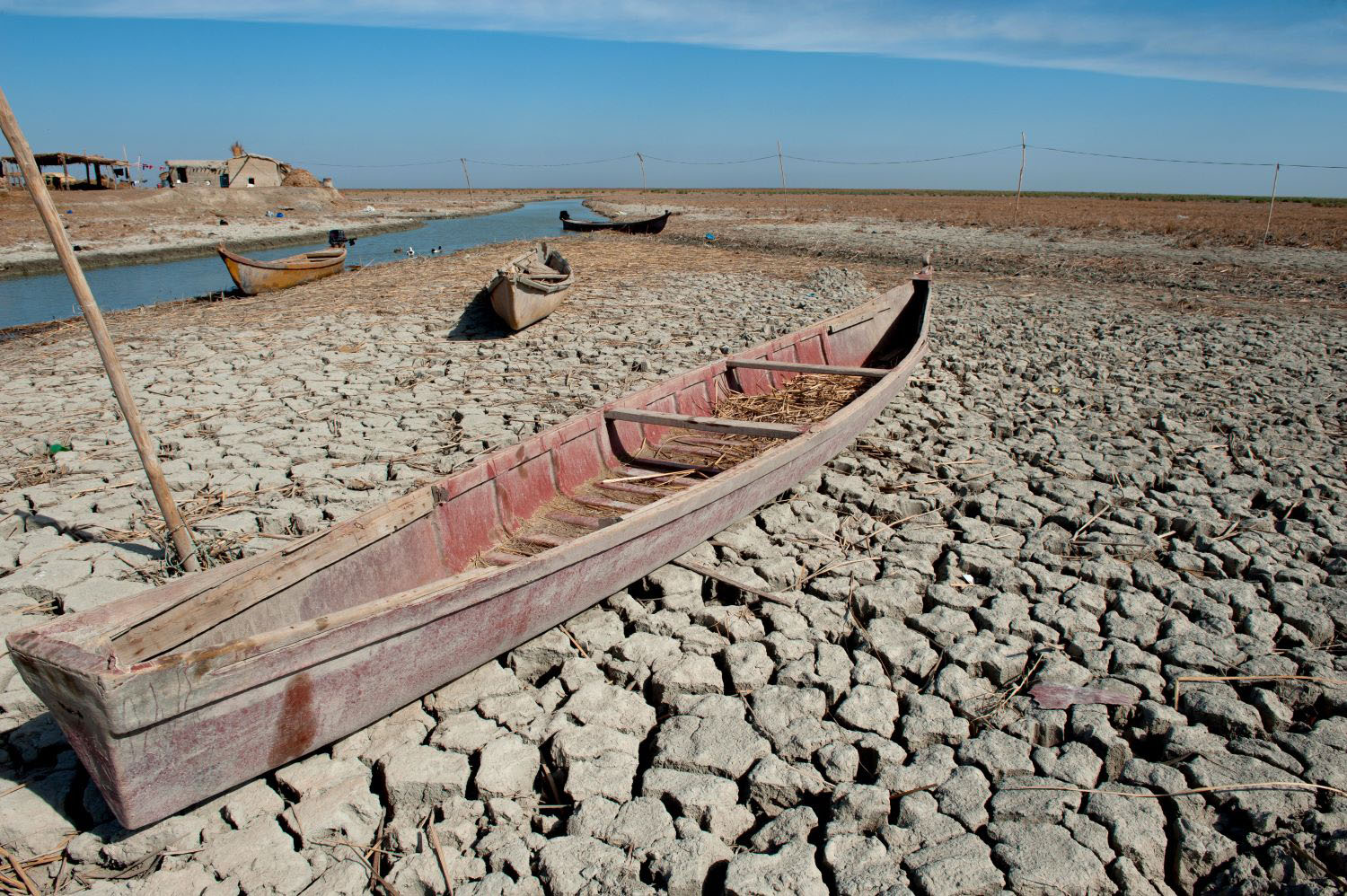An open letter to President Obama and congressional leaders on the importance of global development and foreign assistance reform was published in Politico last week on behalf of the Modernizing Foreign Assistance Network (MFAN) and signed by more than 150 influential individuals and organizations. The letter says, in part:
This time of political transition for our country provides us with an enormous opportunity to take a fresh and balanced approach to U.S. global engagement. This approach should emphasize programs that promote development as tools equal in importance to military might and diplomatic savvy.While there are standout programs that continue to deliver real value and impact, overall the current system for managing U.S. global development efforts is outdated and messy, with too many agencies running too many programs that lack an overall strategy — and these programs are governed by a Foreign Assistance Act that was written 47 years ago and has not been reauthorized in more than 20 years. If global development programs are to take their place as primary tools in the U.S. foreign policy toolkit, they must be modernized so that they all can better address today’s challenges and a strong development voice must be given a seat at the table when key foreign policy decisions are made.
CGD senior fellow and MFAN co-chair Steve Radelet was among the signatories. He and Bread for the World President and MFAN co-chair David Beckmann authored an accompanying
Huffington Post article. Other prominent business leaders, former government officials and military officers, academics, and non-profit leaders who signed the letter include:
- John J. Castellani, President, Business Roundtable
- Ambassador John Danilovich, former CEO, Millennium Challenge Corporation
- Stuart Eizenstat, former Deputy Secretary of the Treasury and former U.S. Ambassador to NATO
- Carleton S. Fiorina, former Chairman, President & CEO, Hewlett-Packard Company
- William H. Gates, Sr.
- Walter Isaacson, President & CEO, Aspen Institute
- Mary Robinson, former President of Ireland and former UN High Commissioner for Human Rights
- John M. Shalikashvili, former Chairman of the Joint Chiefs of Staff
- John C. Whitehead, former Co-Chairman, Goldman Sachs & Co. and former Deputy Secretary of State
- J. Brian Atwood, Peter McPherson, Andrew Natsios, former USAID Administrators
Cargill, CARE, Mars Corporation, Mercy Corps, ONE, Oxfam, Taxpayers for Common Sense and Wal-Mart are among the organizations who joined the call to modernize U.S. foreign assistance and elevate global development. They urge the president and Congress to:
Act quickly to take critical steps to make U.S. global development efforts more effective and appropriate to the global challenges we face today, including by enacting a modern and strategic Foreign Assistance Act; developing a national strategy for global development; consolidating our programs under a strong, empowered, and capable development institution; and ensuring that the U.S. government has the financial resources and professional civilian capacity to achieve our foreign policy goals.
The need for a new Foreign Assistance Act was previously the subject of a
short CGD video. House Foreign Affairs Committee Chairman Howard Berman and others have said they will take on reauthorization of the Foreign Assistance Act (see
here and
here.Congressional leaders and staff remain committed to working on the issues, yet many advocacy groups worry that the congressional calendar is quickly filling up and will soon be overtaken with the FY10 budget on top of other issues related to the economic crisis, Iraq, Afghanistan and climate change leaving little room for reforming U.S. development policy. The federal deficit alone will put enormous pressure on development funding, and supporters—like those who signed the open letter—will have to keep making the case that investments in global development are squarely in the U.S. national security and economic, as well as moral, interest.Similarly, development policy experts are pleased to have support from Secretary of State Hilary Clinton and her deputy Jack Lew on these issues, but they express concern that key appointments have yet to be filled. To date, the administration has not named new heads of the three largest U.S. development agencies:
USAID, the
Millennium Challenge Account and the
Office of the Global AIDS Coordinator which oversees the President’s Emergency Plan for AIDS Relief (PEPFAR).The open letter shows broad support for global development and foreign assistance reform and an active and well-informed constituency of Americans who eagerly await signals from the executive branch and Congress that global development will indeed become a priority issue for the United States.For more on the letter and to add your name to the list of signatories, go to
www.modernizingforeignassistance.net.
CGD blog posts reflect the views of the authors, drawing on prior research and experience in their areas of expertise.
CGD is a nonpartisan, independent organization and does not take institutional positions.





